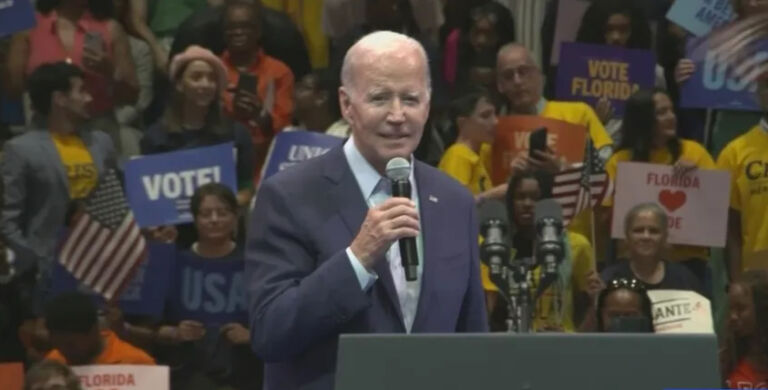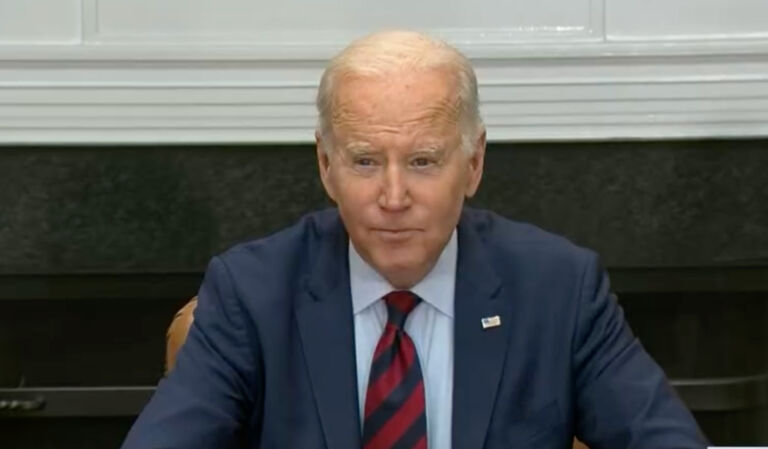Some bad ideas just never die.
Scrambling to shift blame for rising oil and gas prices, politicos in Washington are now making oil companies out to be the main culprits. As a result, the idea of a “windfall profits” tax has once again re-emerged.
The Tax Foundation reports:
“As oil prices have skyrocketed, Sen. Sheldon Whitehouse (D-RI) and Rep. Ro Khanna (D-CA) have introduced a bill targeted at oil company profits… The bill would impose a 50 percent tax on the difference between the current sale price of a barrel of oil and the average price of a barrel of oil from 2015 to 2019, which was roughly $66 per barrel” (the price currently exceeds $100/barrel).
Oil, and the energy sector more generally, is a risky investment. “The balance to these high risks is the potential for high rewards, with some years bringing in big profits,” the Tax Foundation notes. The times of significant profits are needed to offset other times when the companies lose money, which they experienced very recently. “(W)hen the pandemic arrived, more than 100 oil companies went bankrupt and the major producers significantly rolled back their operations,” according to the Tax Foundation.
The problem with a “windfall profits” tax is clear. Aside from the definition of “windfall” being arbitrary, the added tax will reduce companies’ willingness to invest in oil exploration – at a time when we need more.
Research cited by the Foundation showed that the 1980 windfall profits tax “reduced domestic oil production by between 1.2 and 8.0 percent.”
Of course, in a climate of rising oil prices, domestic production already restricted by regulation, and international uncertainty, any policy that would further restrict domestic energy exploration would drive prices up still further.
The big oil companies would survive, but poor and working-class households would be pinched the hardest by higher prices at the pump.
Yet again, this points out how the political elites care more about political posturing and shifting blame to others than they do about you.


